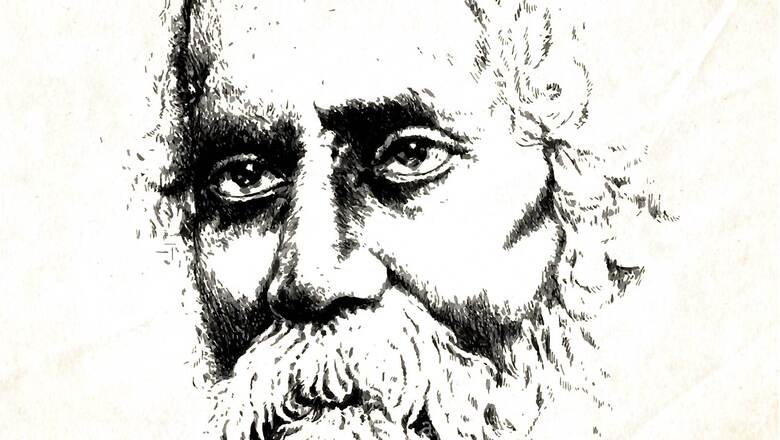
views
HAPPY INDEPENDENCE DAY 2022: ‘Jana Gana Manaa’ is not just an anthem but an emotion and an expression of identity for over 1.2 billion Indians. Originally written in Bengali by Nobel laureate Rabindra Nath Tagore, Jana Gana Mana highlights India’s rich, diversity and culture. Tagore wrote the anthem in Bengali as ‘Bharoto Bhagyo Bidhata’ . The noble laureate performed the anthem for the first time on December 27, 1911, at a Congress meeting in Calcutta.
In 1941, Subhash Chandra Bose adopted a different version of the original song. Netaji translated the national anthem from Bengali which had been Sanskritised to Hindi. Captain Abid Ali of the Azad Hind Fauz translated the anthem into Hindi while Captain Ram Singh composed the music. The anthem was also translated into 22 national languages including English.
Jana Gana Mana in its present form was adopted as India’s national anthem on January 24, 1950, following an announcement by the country’s first president Dr Rajendra Prasad.
Written in Bengali, the language used in Jana Gana Mana was sadhu Bengali or tatsama Bengali which was heavily Sanskritised. This meant that Manay of the words used in it existed in the same meaning in different Indian languages and thus, all Indian people understand the words and meaning of the national anthem. A formal rendition of the same takes 52 seconds.
Article 51A(a) of the Indian Constitution obliges every Indian citizen to respect and uphold the honour of India. It states, “Every Indian citizen has a responsibility to uphold the Constitution’s values and institutions, as well as the National Flag and the National Anthem’’, Section (3) of the National Honour Act of 1971 has the provision for strict punishment for individuals who are found guilty of disrespecting the national anthems anthem and breaking its restrictions.
Read the Latest News and Breaking News here



















Comments
0 comment